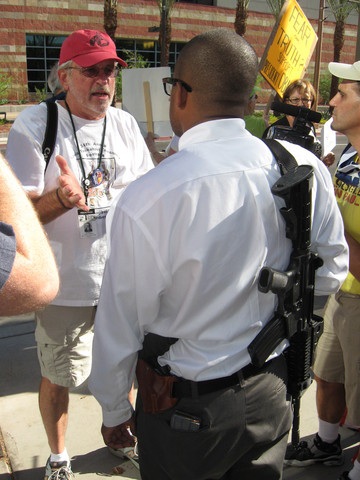As one of America’s most popular comedians, George Simmons seemingly has the world on a string. But then one thing happens that can ruin everything: he’s diagnosed with a rare form of leukemia and told that even with aggressive experimental treatments, he only has an eight percent chance of survival.
That happy-sad dichotomy is at the heart of the new film “Funny People,” in which Adam Sandler plays Simmons in a terrific performance that no doubt draws on his own experiences as a wildly successful comedy star. As written and directed by Judd Apatow in his third film, following “The 40 Year Old Virgin” and “Knocked Up,” the movie has an intimate awareness of the pain that often lies behind the laughter generated by our modern court jesters.
Yet, while its potent blend of comedy and pathos is richly entertaining and moving in the first 90 minutes, the fact that “Funny People” tops out at a staggering 146 minutes will leave viewers feeling the same sort of annoyance that comedy club customers feel when a comic ignores the light to get off stage. The film recovers somewhat in its closing 15 minutes, but it’ll be interesting to see whether filmgoers are willing enough to forgive the interminable 45 minutes that drag it down from four-star-classic status to give Apatow his third $100 million-grossing blockbuster hit.
The film scores its best moments and gets right down to business as Sandler receives his doctor’s grim prognosis at the end of the opening credits. Receiving the news that he’s almost guaranteed to die, Simmons returns to a comedy club for the first time in five years, only to leave the audience depressed rather than entertained.
**Mild Spoilers Coming**
But in the wings is Ira Wright (Seth Rogen), a young comic who’s a rabid Simmons fan. Catching the star’s attention, he winds up getting a seeming dream gig as his well-paid assistant and opening act. But when Simmons beats his disease (a fact the trailer reveals), he tracks down his old girlfriend Laura (Leslie Mann), who’s now married with children, and tries to disrupt her marriage, Simmons reveals a dark, selfish side and Ira has to decide whether to interfere and risk his career.
It’s in the final hour that Simmons tempts Laura, and it’s that shift in plot focus that nearly ruins the film. Laura’s husband Clarke (Eric Bana) isn’t a bad enough guy for audiences to root against him, resulting in the fact that the film’s ostensible romantic leads become unlikable for most of the film’s remainder.
Mann is writer-director Apatow’s real-life wife, and he seems determined at all costs to provide her a leading role after her much sharper supporting roles in his first two films. Her performance here is great as well, but the relationship between her and Simmons feels like a different movie, literally in the fact that the plotline doesn’t fit the overall film well, and figuratively in the fact that it also feels like an extra full-length film. Someone needs to remind the studio executives that giving a director final cut, when ego can get in the way of solid judgment, isn’t a good idea.
What’s in the film’s favor is that the performances – including a galaxy of major-star cameos – are all terrific, and that the film is perhaps the first in Hollywood history to get the world of stand-up comedy (I’m also a professional comedian) right, after painfully misguided garbage like the Tom Hanks ’80s film “Punchline.” If you’re willing to endure the boring parts, you’ll still emerge with a smile on your face and find yourself quoting the funniest lines.

COMMENTS
Please let us know if you're having issues with commenting.